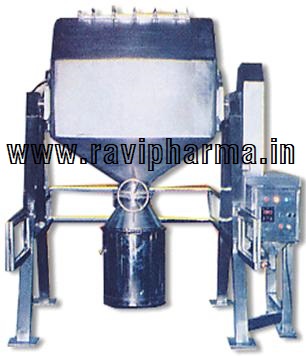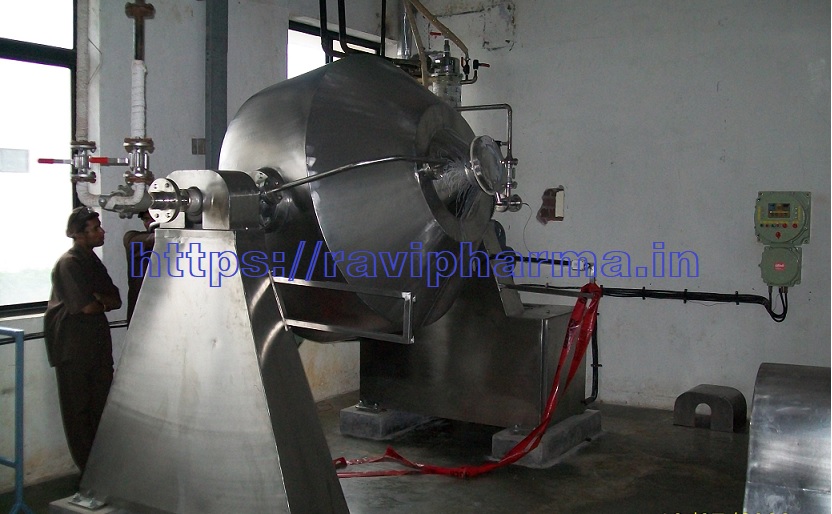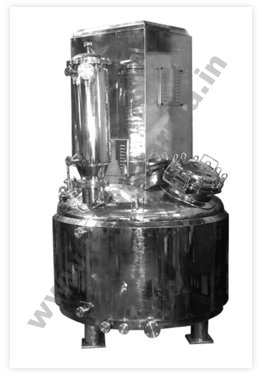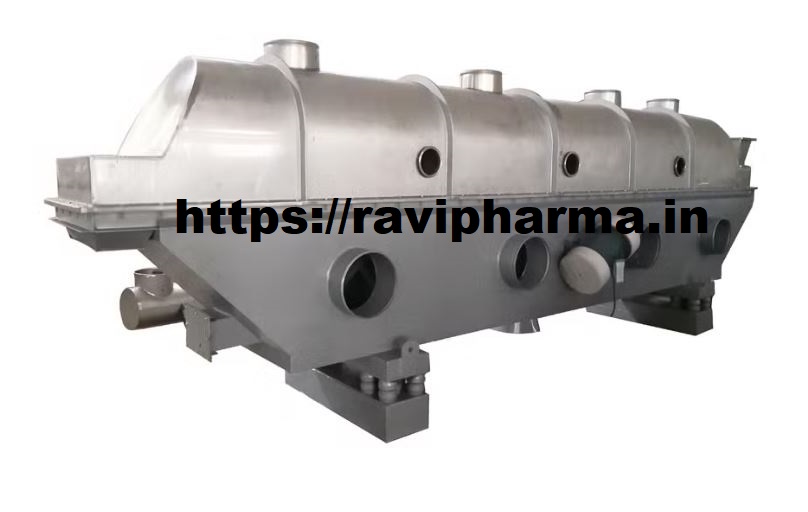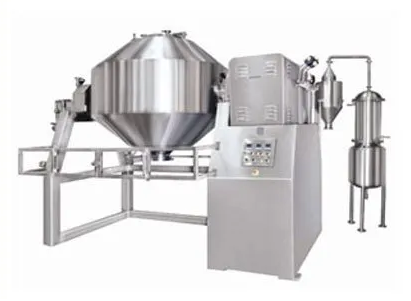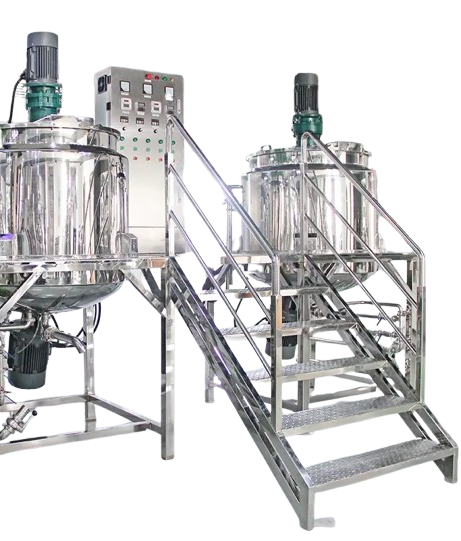
Working Principle of Ointment manufacturing plant – An ointment cream manufacturing plant is a specialized facility designed to produce a variety of skincare and medicinal ointments on a large scale. The plant typically consists of several key areas, including raw material storage, mixing and blending units, homogenizers, and packaging lines.
Advanced machines ensure precision in formulation, ensuring consistent texture, stability, and efficacy of the ointments. The Working Principle of Ointment manufacturing plant – the production process begins with the careful selection and weighing of raw ingredients, followed by a series of blending, heating, and homogenizing steps to create smooth and uniform creams. Quality control is integral at every stage, from raw material inspection to finished product testing, to guarantee compliance with regulatory standards.
Many plants also emphasize sustainability, incorporating eco-friendly practices such as energy-efficient machinery and waste reduction initiatives. The Working Principle of Ointment manufacturing plant – the entire operation is typically managed with stringent hygiene protocols to maintain a sterile environment, ensuring that the ointments produced are safe, effective, and of the highest quality.
The working principle of an ointment manufacturing plant involves several coordinated processes to ensure the efficient and consistent production of high-quality ointment creams. Here’s an overview of the key stages:
1. Raw Material Handling:
- Weighing & Storage: Ingredients, such as oils, waxes, active pharmaceutical ingredients (APIs), and other excipients, are carefully weighed and stored in designated areas before production begins.
- Pre-mixing: Some ingredients may need to be pre-mixed or melted, such as waxes or solid oils, before entering the main production process.
2. Phase Mixing (Water and Oil Phases):
- Water Phase Preparation: Water-soluble ingredients (such as emulsifiers and preservatives) are dissolved in water inside a dedicated water-phase vessel.
- Oil Phase Preparation: Oil-soluble ingredients (such as oils, waxes, and fats) are heated and melted in a separate vessel to create a uniform oil phase.
3. Emulsification and Homogenization:
- Emulsification: The oil phase and water phase are gradually mixed together in an emulsification vessel. This process typically uses high-speed mixers or homogenizers to break down droplets and create a stable emulsion.
- Homogenization: The mixture is further homogenized to refine the particle size, ensuring a smooth, uniform ointment texture without separation of phases. This ensures the ointment has a stable consistency.
4. Cooling and Mixing:
- After emulsification, the mixture is cooled under controlled conditions while continuous stirring is maintained. Cooling solidifies the waxes and oils, setting the texture of the ointment.
- Additional active ingredients, colors, or fragrances can be added during this phase if they are heat-sensitive.
5. Vacuum Deaeration:
- Air bubbles trapped during mixing are removed using a vacuum system. This step ensures a smooth, air-free product, preventing contamination and enhancing shelf life.
6. Quality Control:
- Samples are taken at various stages to test for pH, viscosity, particle size, texture, and microbial contamination. The ointment must meet strict standards for safety and efficacy before proceeding to packaging.
7. Filling and Packaging:
- Once the ointment is ready, it is transferred to filling machines. The ointment is dispensed into tubes, jars, or containers, which are then sealed, labeled, and packed for distribution.
8. Cleaning and Sterilization:
- After production, the entire system is cleaned and sterilized to ensure that the next batch is free of contamination. Clean-in-place (CIP) and sterilize-in-place (SIP) systems are often used for this purpose.
Key Equipment Involved:
- Mixing Vessels (Water & Oil Phase)
- Homogenizers
- Vacuum Deaerators
- Filling & Packaging Machines
- CIP/SIP Systems for Sterilization
This comprehensive, carefully controlled process ensures that the final product is of the highest quality, consistent, and stable over time.
Email: For detailed inquiries or quotes, email us at: raviinternational01@gmail.com
Phone: Speak to a representative directly by calling: 91-9819030056
Online Form: Fill out below contact form for a quick response, and we’ll get back to you within 24 hours.
